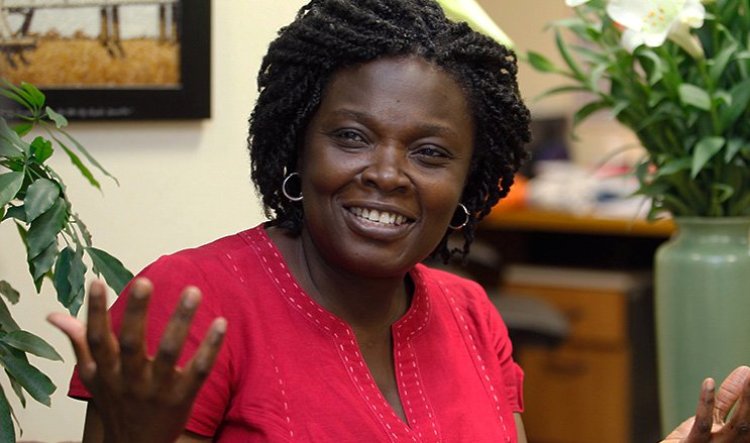World Bank VP Kwakwa highlights Mongolia's progress in economic recovery program
“The World Bank stands ready to support Mongolia to accelerate its transition to an upper-middle-income country by strengthening macroeconomic stability, diversifying sources of growth, and strengthening governance,” said World Bank Vice President Kwakwa.

- Country:
- Mongolia
The World Bank Vice President for East Asia and Pacific, Victoria Kwakwa, concluded a two-day official visit to Mongolia on January 14. During her visit, she highlighted the progress the country has made on implementing the economic recovery program since the economic crisis in 2016, and the need to sustain reforms to stay the course.
On Jan 13-14, she met with President Kh. Battulga, Finance Minister Ch. Khurelbaatar, Minister of Food, Agriculture and Light Industry Ch. Ulaan, and Governor of the Bank of Mongolia B. Lkhagvasuren to discuss the World Bank’s long-standing partnership with Mongolia and explore ways to further support the country’s social and economic development. Among other main points addressed were the challenges facing Mongolia in the short and medium-term, and how the World Bank can effectively support the government’s reform efforts.
“The World Bank stands ready to support Mongolia to accelerate its transition to an upper-middle-income country by strengthening macroeconomic stability, diversifying sources of growth, and strengthening governance,” said World Bank Vice President Kwakwa. “Our meetings with the country’s leadership focused on strategic priorities for our future engagement, including support for addressing short-term challenges, achieving more broad-based growth, and building institutions and the human capital base of Mongolia.”
As part of her mission, she also met development partners, private sector representatives, and other stakeholders.
The World Bank portfolio in Mongolia, with current commitments of more than US$349 million, covers areas including development of non-mineral exports, employment support, fiscal stability, energy, education, ICT development, and central and local governance.
Most recently, the World Bank approved US$100 million for the second Mongolia Economic Management Support Operation to support the country’s policy reforms aimed at restoring debt sustainability, strengthening the social protection system, and enhancing competitiveness.
The World Bank’s next Country Partnership Framework for Mongolia, which will guide the WBG future engagement in Mongolia, will be prepared in 2020.










